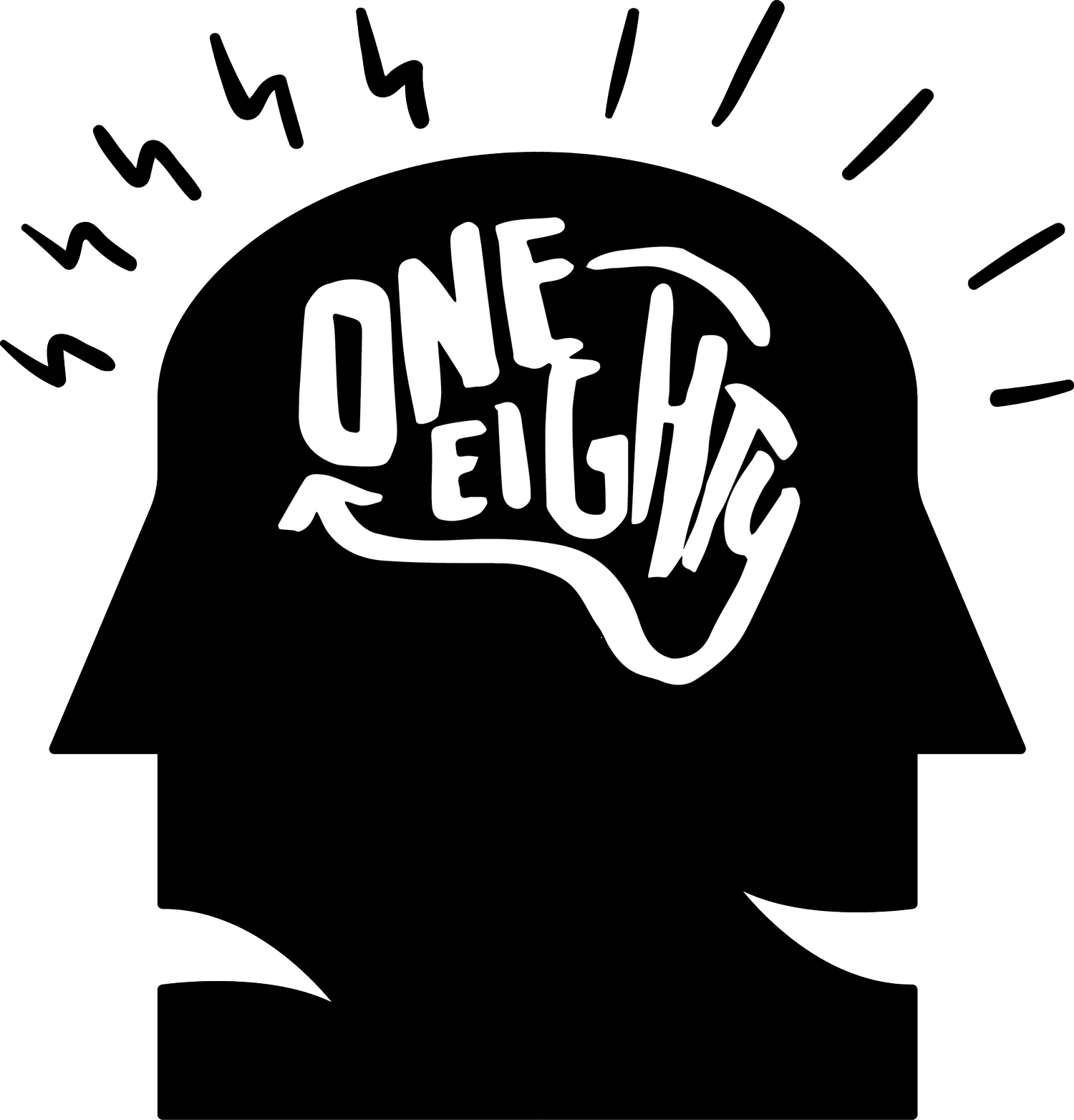Crisis refers to someone who is high risk to themselves or somebody else.
Crisis is when someone is at risk or immediate danger to themselves
(self-harm/suicide/addictions/eating disorders)
or somebody else (domestic violence/crime/psychosis or violence based ill health).
Call 000 if in doubt or emergency.
crises Services
-
Lifeline is a crisis service for anyone experiencing suicidal thoughts be it fleeting or permanent and this includes thoughts of self harm like cutting, burning, hitting.
Lifeline can support you whilst waiting for an ambulance or support you through a rough night when battling depression.
You can access Lifeline’s free services via call or their text service by clicking here.
-
This Service is specifically for those contemplating suicide and want to speak with someone to help them challenge those thoughts.
-
For kids, teens, young adults, parents and schools.
Kids Helpline offers 1:1 counseling for kids who need support with their mental health.
They also assist with the transition into emergency care, i.e. monitoring on the phone with them whilst waiting for an ambulance or waiting in the ER before being treated by triaging nurses if there is any self-harm involved.
Kids Helpline can also be accessed for emotional turmoil during the day for any given reason.
They are an immediate counseling support and are a medium crisis service that support into high risk care.
They support the transition into appropriate care i.e. hospitals or Lifeline and create safety plans and regular welfare checks to monitor risk levels.
Click here to learn more and get in touch with Kids Helpline Services.
-
Headspace provides organised information on affordable counseling and in-depth overview on mental health conditions, stories of perseverance, challenges and access points.
You can book in 1:1 counseling at your local branch or online.
-
A service directory for family/ domestic violence, homelessness and addiction.
Mission Australia connects you to a service in your closest neighbourhood that addresses the above crises concerns, i.e. housing for domestic violence, housing for homelessness and services to support families involving an addicted parent, and services for the addicted family member to attain sobriety.
This is a high risk crisis service and you can learn more about it by clicking here.
-
1800RESPECT is phone service for those experiencing or unsure if they’re experiencing family and domestic violence.
This is also suitable if there is someone you know who may be experiencing this. Reach out if you want to speak with someone to learn more.
This is a medium to high risk service and you can access it here.
-
A national helpline for eating disorder support.
This service is for those experiencing an eating disorder and those affected by (parents, family and friends) who experience the same.
They also have a text back service.
Eating disorders have a 60% mortality rate with 1 million Australians currently experiencing an ED with only ⅓ of those receiving treatment.
Butterfly Foundation supports crisis intervention and have ongoing support groups for the person experiencing an eating disorder, and then a separate group for friends and family.
Medium to high risk support.
Call 000 if in doubt or in an emergency.
Call an ambulance: mental health or psychical/medical emergency
Organise a welfare check with your local police: if you are unsure and want support checking on a loved one who might need support to go to a hospital, who is potentially a risk to themselves, or somebody else.


